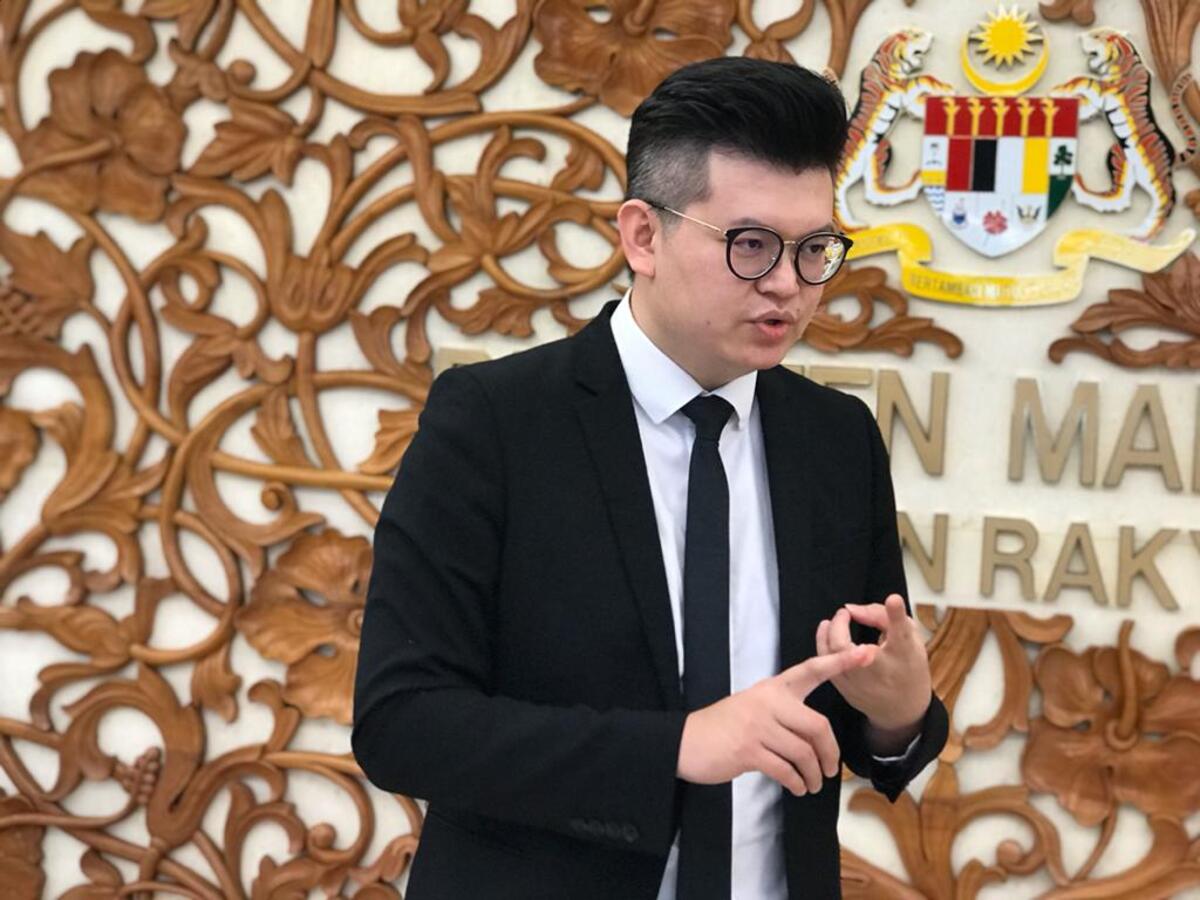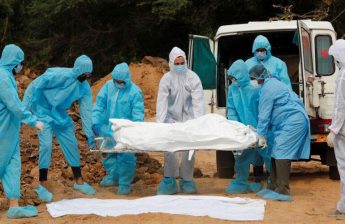KUALA LUMPUR, Dec 29 – Dr Kelvin Yii today urged the government to impose new Covid-19 measures on travellers arriving in Malaysia from China, after Beijing announced the reopening of borders from January 8.
The Bandar Kuching MP suggested requirements for arrivals from China, such as vaccination, an RT-PCR test not more than two days before travel, as well as routine RTK-Ag testing upon arrival. Those who test positive should be quarantined for seven days at designated facilities and their samples used for virus genome sequencing.
The government, he said, should also encourage booster vaccination for residents in Malaysia who intend to travel to China and also to discourage non-essential travel to China.
“I strongly believe the government should take seriously the current threat and surge of Covid-19 in China and even look into the need to consider some form of travel requirements for those travelling from China to Malaysia as temporary emergency measures against the surging infections there,” Dr Yii said in a statement.
The United States yesterday announced that all travellers from China aged two years and older will be required, from January 5, to take a Covid test no more than two days before travel and provide a negative test before boarding their flight. Other countries have also undertaken similar travel restrictions, such as Italy, Japan, India, South Korea, and Taiwan.
Italy has imposed mandatory Covid-19 antigen swabs and genomic virus sequencing for all travellers from China to detect possible variants. US officials reportedly criticised the lack of viral genomic sequence data being reported from China.
Dr Yii, who was formerly the head of the parliamentary special select committee of health, science and innovation, urged the government to encourage indoor masking, highlighting a potential increase of Covid-19 cases from Chinese New Year celebrations late next month.
“I am not in favour of strict mask mandates where high fines are being imposed, but the government must effectively communicate the importance of masking and preparing the public for any eventuality.”
The government backbencher MP from the DAP also called for wider Covid booster vaccination, besides deploying Pfizer-BioNTech’s bivalent vaccine. Only about half of the total population have received their first booster, or third vaccine dose, while less than 2 per cent have taken their second booster, or fourth dose, according to KKMNow statistics.
“While I understand there is currently low uptake among the public, once they understand the urgency due to the situation in China, this may change and the government must be prepared.”
Health director-general Dr Noor Hisham Abdullah said earlier today that the bivalent Covid vaccine – which protects against the original SARS-CoV-2 strain and the Omicron BA.4 and BA.5 variants – is expected to arrive in Malaysia by the end of January.
“There also must be an audit on all antiviral medications stocks, such as Paxlovid, remdesivir, or Evusheld for Covid-19 and allocate to possible higher-risk areas, especially health facilities in point of entry or in high-risk outbreak areas,” Dr Yii said.
“The Ministry of Health (MOH) can do a comprehensive modelling as well to estimate how many patients may require these medications and make decisions on further procurements based on that data.”
Dr Yii urged health authorities to heighten crisis preparedness by ensuring sufficient health care facilities and human resources.
“There must be clear data on ICU (intensive care unit) beds availability and emergency department contingency preparedness in case of a surge in cases.”
As countries prepare for a possible global spread of Covid-19 from China’s decision to resume international travel, public and private hospitals in Malaysia are full of mostly non-Covid patients presenting with advanced chronic disease, following the disruption of care during two years of Covid lockdowns.
The overcrowding of emergency rooms across public and private hospitals occurs amid severe shortages of both doctors and nurses.
Then-Health Minister Khairy Jamaluddin said in a written parliamentary reply last March that a record 768 contract doctors left MOH in 2021. Official data from 2017 until 2021 showed that 2,032 contract medical officers have quit, with 2021 reporting the highest number of resignations.
“The Covid-19 Inter-Agency Taskforce must also be on standby for any eventuality in order to boost public health emergency preparedness, prevention, and response against current and ongoing health threats such as Covid-19,” Dr Yii said.
“While many of these are difficult but important decisions to be made, especially in balancing the need to protect lives and livelihood and help spur the economy, the government must be proactive and be prepared for any eventuality.”








